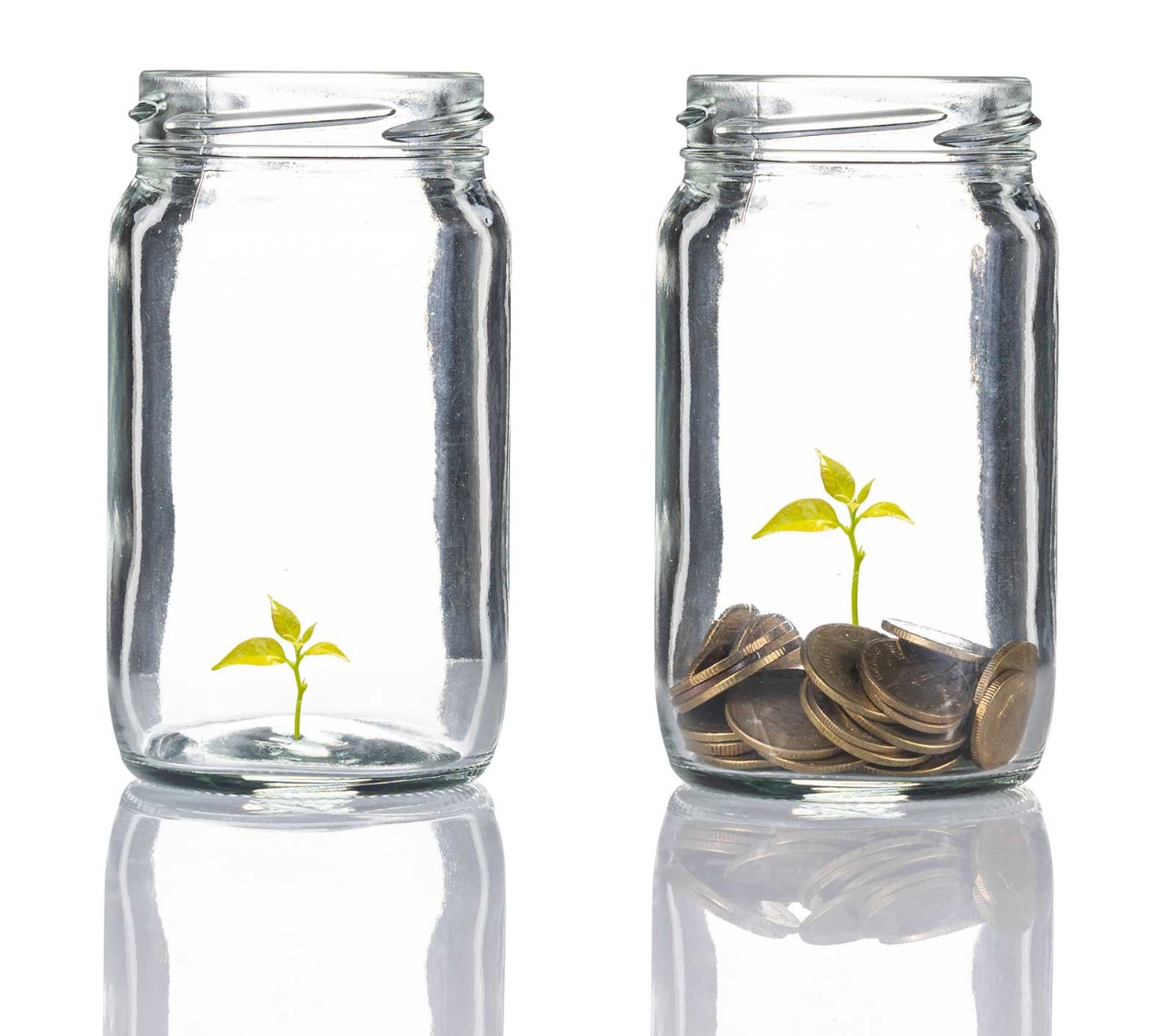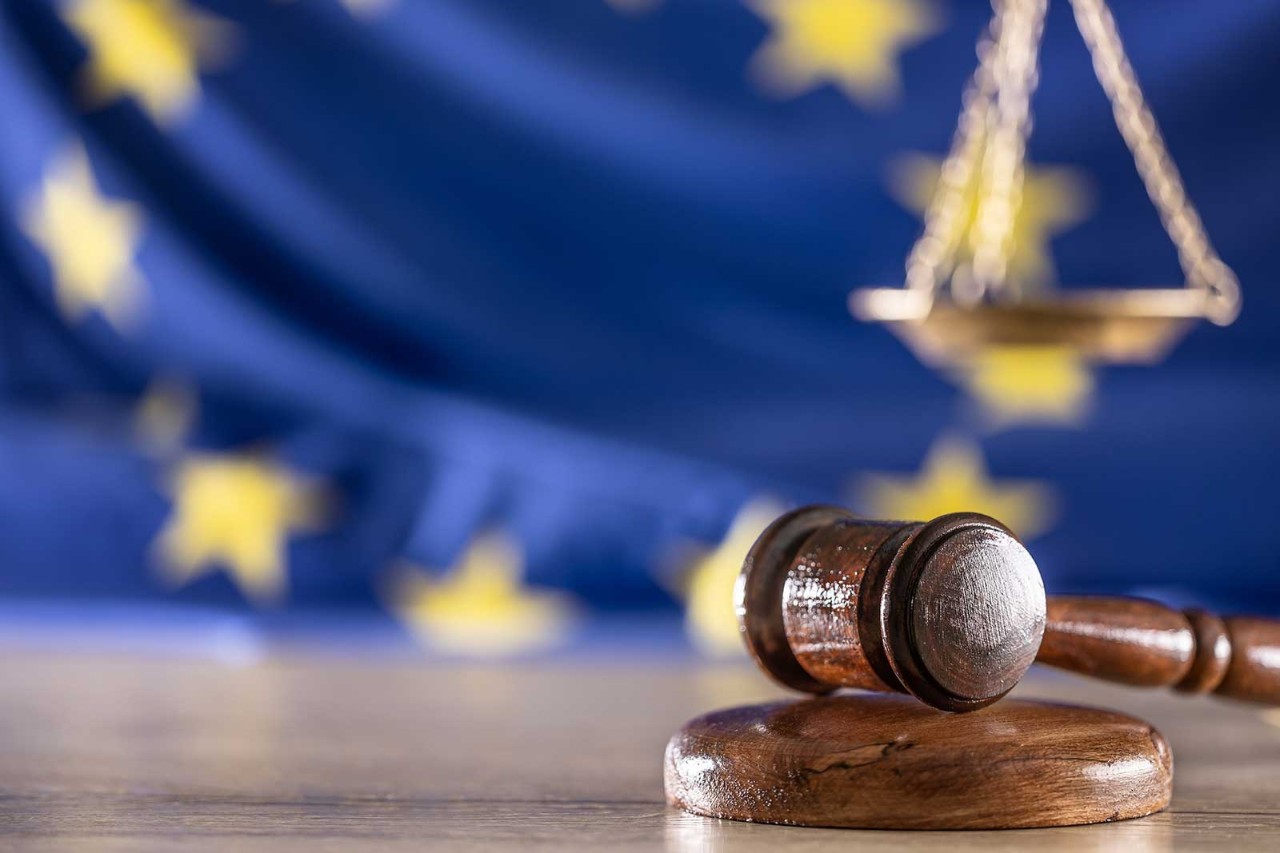
Ireland is once again at the centre of a global tax controversy after the long-running saga involving the European Commission’s battle with Apple came to an unexpected end in September with an outcome few had anticipated. The EU’s top court ruled that the iPhone maker had indeed benefited from selective advantage from Ireland’s tax authorities that amounted to state aid.
The Irish government fully believed that the Court of Justice of the European Union would kick the case back down to the lower courts for a rerun of the original issues, thereby dragging the entire matter out potentially to the end of this decade. The scrambling by ministers to find a coherent media message to explain the outcome shows how blindsided they were by the definitive ruling.
While the case may have begun a decade ago and involve tax opinions from decades ago, the reputational fallout is very much current.
The upshot of the ruling is that it creates massive domestic and international issues for Ireland. The first is that it brings Ireland’s reputation as a place to do business into the international headlines once again – and at a time when subsidies will become an important feature of Europe’s economic future. The second impact is closer to home. What does the country do with the windfall from Apple, which is likely to total close to €15bn once penalties are added to the initial €13bn tax demand?
Hot topic
State aid is about to become a hot topic once again at EU level. We are entering a period when Europe needs to urgently catch up with the US and China in bolstering its economy and investing in the cutting edge of technologies like artificial intelligence and semiconductors. Doing that at scale will undoubtedly involve individual countries battling against each other to tempt private investors by providing as many financial incentives as possible.

European countries have long been jealous of the multinational companies flowing into Dublin
This matters to Ireland. State aid has always existed in the EU in various forms. The detractors may be critical of the Irish corporation tax regime, but it has always formed a central role in wooing investors. Where other countries could afford to offer vast subsidies because of their greater budgets, a small country has to compete in different ways. There’s no prospect of Ireland being able to outspend France or Germany. It has strategically used its tax system over the years to make up for that fact, and to its enormous success.
Reputation matters
Now, though, thanks to the Apple case, Ireland’s advantage is being removed from the playing field. It must be seen to be fully behind the implementation of the OECD global tax reforms. Reputation matters. It’s bristled at the most senior level of government that international commentators and economists have been repeatedly calling the country a tax haven.
Be in no doubt that European countries have long been jealous of the stream of multinational companies flowing into Dublin and the jobs and tax revenue following in substantial sums with them. With the overhang of the Apple case, will there be any long-term reputational damage that can be exploited? That’s the big fear in Dublin – that a lasting impact may be on the flow of foreign investment due to a tarnished reputation.
The sensible option of repaying some of the large national debt will be ignored
Domestically, the case matters in a different way. While the national coffers have never been in better health, they will soon be boosted by the bounty coming from the Apple escrow account. It’s the subject now of a national conversation about how soon and on what this money can be spent on.
The sensible option of repaying some of the large national debt, which would be favoured by the more sober economists, will be ignored. The clamour will be to use the largesse on finally tackling some of the bottlenecks that have built up over the past few years, particularly in housing and other infrastructure. As the downside of losing the case it’s not a bad outcome to find yourself in possession of a windfall gain to splurge. However, it’s a headache the country wanted to avoid for as long as possible.


